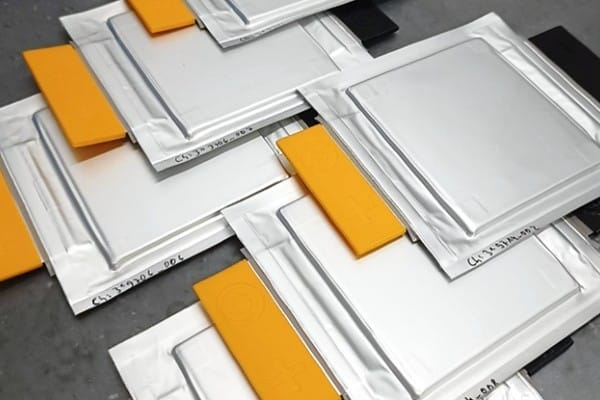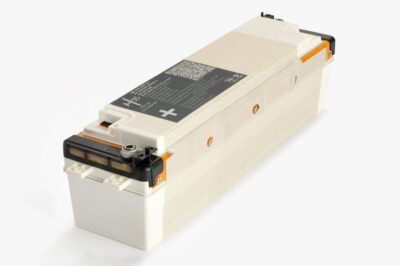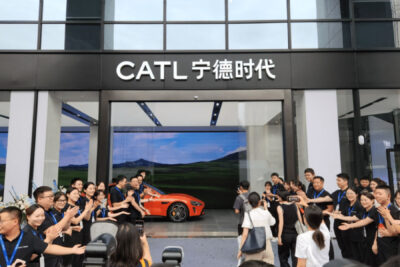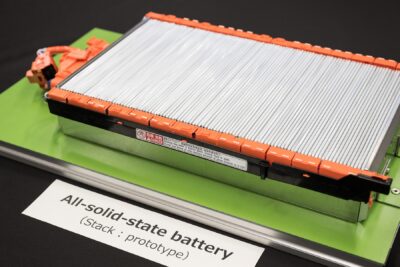HiQ-CARB research project presents improved carbon additives for lithium batteries
The HiQ-CARB research project, which was initially launched in 2021, aims to reduce the amount of conductive additives required in battery electrodes by combining resource-saving carbon nanotubes (CNTs) and carbon acetylene black from renewable raw materials in order to also reduce their carbon footprint.
According to Fraunhofer ISC, the project has made significant progress in the sustainability and performance of lithium-ion batteries. The combination of acetylene black and carbon nanotubes has reduced the amount of additives required, resulting in cost-effective and high-performance batteries.
The conductive carbon blacks commonly used as additives in the production of battery electrodes are of fossil origin and therefore have a relatively high carbon footprint. HiQ-CARB brought together an interdisciplinary consortium to research sustainable resources and achieve greater material efficiency. “The project work included developing the most effective composition for the new conductive additives, scaling up production processes, comprehensive material assessments and a life cycle analysis (LCA) conducted by the University of Bordeaux,” said the initiators. Collaboration with partners such as Fraunhofer ISC, Aalto University and Customcells was crucial in evaluating the materials on both a laboratory and pilot scale and ensuring their suitability for practical applications.
In principle, additives improve the conductivity of battery electrodes, thereby helping to achieve faster charging and discharging rates. In the case of the material combination researched by HiQ-CARB, the additives are said to be so conductive that the total amount required in the battery electrodes can be reduced – ‘contributing to lighter, cheaper and more powerful lithium-ion batteries,’ according to the experts.
Project partner Customcells, meanwhile, made its production facilities available as part of the project so that the new additives could be used directly in battery production instead of the previously used fossil-based conductive carbon black.
“The carbon-based HiQ-CARB additives could be easily integrated into our existing production processes without any significant changes. We achieved very homogeneous coating patterns, which convinced us of their quality,” reported project partner Jan Majchel from CustomCells. “As a battery manufacturer based in Germany, CustomCells supports the idea of an innovative battery landscape in Europe with important components from the region. We are delighted about the new opportunities that HiQ-CARB has created.”





0 Comments